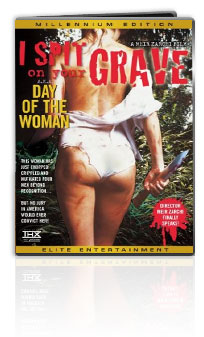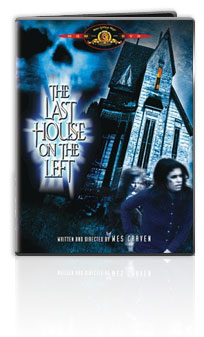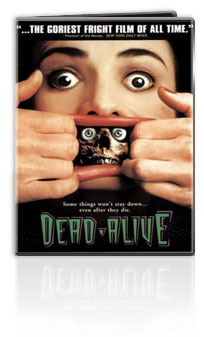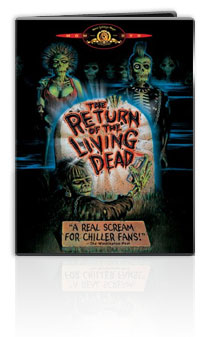April being national poetry month is largely due to T.S. Eliot’s famous declaration in his poem The Waste Land that “April is the cruelest month.” Traditionally, April is used by poets, educators, and fans of poetry to appreciate and call attention to the finer joys and values of this venerable art form. When you think of horror, poetry may not be the first medium to come to mind — but I’d like to call attention to the following poems that prove April is indeed the cruelest month and that a celebration of poetry can also be a celebration of revenge, the undead, demonic transformations, bodily mutilation and all things horrific.

from “The Phenomenology of Anger,” by Adrienne Rich
Fantasies of murder: not enough:
to kill is to cut off from pain
but the killer goes on hurting.
Not enough. When I dream of meeting
the enemy, this is my dream:
white acetylene
ripples from my body
effortlessly released
perfectly trained
on the true enemy
raking his body down to the thread
of existence
burning away his lie
leaving him in a new
world; a changed
man.

Even though I have been a fan of Adrienne Rich, for many years, I’ll admit that I don’t know if this poem has a particular back-story to it. Nevertheless, it’s a harrowing poem whose depiction of anger transcends mere revenge into something far more radical than a simple act of bloodshed or physical violence. In this poem, the anger is thoroughly political, as well as personal—a razor sharp tool that transforms both victim and perpetrator into something raw and primal.
If this poem were a horror movie, you’d shelve the DVD between:
I Spit on Your Grave and The Last House on the Left

from “My Father Speaks to Me From the Dead,” by Sharon Olds
I take the spider glue-net, plug
of the dead, out of my mouth, let’s see
if where I have been I can do this.
…I have been in the morgue, in fire, in the slagged
chimney, in the air over the earth,
and buried in the earth…
I understand this life, I am matter,
your father, I made you, when I say now that I love you
I mean look down at your hand, move it,
that action is matter’s love, for human
love go elsewhere.

We all know that the dead can speak to us and influence us, if only in our memories or in the DNA we inherit from our parents. Often, this is a source of happiness and stability. But in this poem, a dead father literally crawls from his grave to speak to his daughter, and, in a far more horrific manner, makes it clear that his flesh is still very much alive in hers. It’s a powerful statement about the fact that we are inescapably made of flesh, and all the more noble or emotional impulses that might also define us are always secondary.
If this poem were a horror movie, you’d shelve the DVD between:
Dead Alive and Return of the Living Dead

from “Lady Lazarus,” by Sylvia Plath
I have done it again.
One year in every ten
I manage it–
…
Peel off the napkin
0 my enemy.
Do I terrify?—
…
I am your opus,
I am your valuable,
The pure gold baby
That melts to a shriek.
…
Ash, ash —
You poke and stir.
Flesh, bone, there is nothing there–
…
Herr God, Herr Lucifer
Beware
Beware.
Out of the ash
I rise with my red hair
And I eat men like air.

This poem is an emotionally arresting and brutally honest account of Sylvia Plath’s own suicide attempts. But what makes it so intriguing and powerful is the way Plath artfully depicts the various transformations and personas that emerge from the experience. She seems possessed by supernatural forces that render her both victim and also an aggressor with an eerie sense of defiance. It’s as if each suicide attempt is a desperate and violent act to re-assert her independence from those who have hurt her, and from those who presume to understand her pain.
If this poem were a horror movie, you’d shelve the DVD between:
Suicide Club and Jennifer’s Body








4 Responses to Three Poems That Are As Effed Up As Any Horror Film
Subscribe Without Commenting